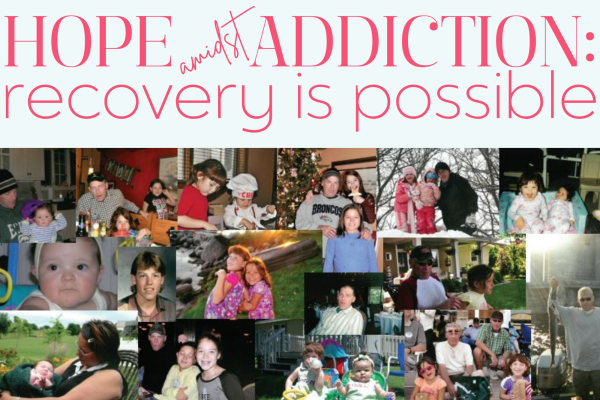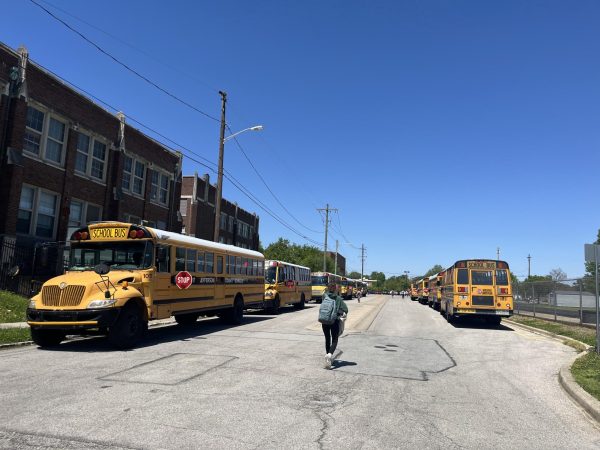editorial: Northshore School District vs. Free Speech
It is our firm belief that our primary job as student reporters and editors is to highlight the students, families, staff and administrators who shape and lead our school.
March 31, 2022
We try not to write about ourselves in this newspaper. It is our firm belief that our primary job as student reporters and editors is to highlight the students, families, staff and administrators who shape and lead our school. You are the ones who we find interesting, who we feel should be the focus of conversation and who we know actively strive to make a positive influence on the lives of those around them.
But in recent months, our ability to share those stories was purposefully and concerningly limited by the Northshore School District Communications Department. The issues and obstacles which arose behind the scenes were of such great consequence—of such detrimental impact to freedom of speech in our district—that we find it compellingly necessary to shine a light upon them. It is therefore with great displeasure that we must write this editorial about ourselves.
On Jan. 11, one of our student editors emailed Deputy Superintendent Duggan Harman with an interview request for a story. Following no reply, the student editor sent a follow-up email to Harman on Jan. 18. Later that day, NSD Communications Director Lisa Youngblood Hall emailed that editor, noting that she had been informed of the interview request and writing that “I want to remind you that I am your sole contact for requesting interviews with District staff about anything representing the District.” She also inquired into the details of the article.
After the editor replied with a broad overview of the topic, Youngblood Hall asked the editor to tell her the names of their sources who were NSD staff members. When the editor refused to share the names of sources prior to publication—a standard ethical norm for journalists—Youngblood Hall responded on Jan. 20 by claiming “many journalists have had no issue identifying others who are part of the story” and that “at the very least, they share the varied viewpoints that will be included.” She then reiterated that “of course, prior to any interview, please remember that interview requests for staff are processed through my office.”
This edict evidently applied to more than just district staff. On the evening of Jan. 20, the student editors of Nordic News learned that Principal Adam Desautels had been directed by Youngblood Hall to not let any Inglemoor staff speak with Nordic reporters without her permission.
This edict raises legal and logistical questions. Such a directive runs dangerously up against constitutionally protected free speech rights for public employees, and instances of prior restraint—when government organizations, including school districts, implement regulations which forbid speech of public employees before it can even be made—have been struck down repeatedly over decades by the courts. It is also one that seems to demonstrate complete distrust in our teachers and blatant disregard for student journalism in our district.
There is simply no excuse to prevent teachers, administrators and district-level employees from voicing their thoughts and opinions on issues of public concern with students, with Nordic News or with any media.
What type of standard does that set for how the district treats its employees? What does it say about Youngblood Hall’s willingness—in her role as the district Communications Director—to stop those adults who are so integral to our school and community from sharing any frustrations or praise or questions or insights?
In recent months and years, the school administration has gone above and beyond in supporting student journalism at our school. But the administration interpreted the directive as a requirement from those in charge, and accordingly members of the school administration began directing all interview requests to Youngblood Hall.
The administration apparently did not pass on the directive to teachers, however, which we deeply appreciated. The many teachers we told about the new restrictions uniformly expressed frustration, dismay, confusion and an overwhelming amount of support for our students.
This order from Youngblood Hall was not entirely unprecedented. Multiple emails in past years sent by Youngblood Hall have directed NSD employees to refrain from speaking with media, including one about hybrid school sent on Mar. 21, 2021 in which Youngblood Hall told staff “any comment regarding our work with the District comes from designated District representatives only. This includes requests for comments and interviews by all student news reporters.”
On Dec. 2, 2021, Nordic published an article online about threats towards Bothell and Inglemoor High School. That morning, one student editor interviewed NSD Director of Safety and Security Henry Simon for the article. When the student attempted to ask a follow-up question at lunch, Simon said he had been contacted and told to no longer speak with Nordic News without permission.
For the same article, the student attempted to call Bothell Police Department Public Information Officer Cam Johnson. Johnson replied via text that “having spoken with Lisa Youngblood Hall, it sounds like you have gathered all of the important information.” Johnson did, however, offer a brief summary of the status of the investigation and offer her email address for further questions in the same text.
On Jan. 24, the editors of Nordic News contacted Youngblood Hall to request a meeting to address our concerns. Following 10 emails between the parties and two postponements by Youngblood Hall, she agreed to meet with the editors—and Desautels, who she invited—at Inglemoor on Feb. 14.
We wish we could tell you what was said at the meeting. But Youngblood Hall repeatedly insisted prior to meeting that it must be an off-the-record discussion. We find her insistence on that precondition to be confusing and emblematic of a larger transparency issue.
But here is what we can tell you: 1) It did not need to be off-the-record. 2) There was clearly no published written procedure about directing all media requests through the Communications Office. 3) Based on the meeting, we are actually cautiously hopeful about the future. We wish we could say why. 4) At time of publishing, we are able to speak with teachers and administrators once again, and the school administration supports this. The situation with district employees is more complicated (but it shouldn’t be). 5) We still have a lot of questions and concerns about what was said which remained unanswered in the meeting, and when we followed up with those via email on Mar. 7 (and Mar. 10 and Mar. 14 following no response), Youngblood Hall finally replied on Mar. 14 “these conversations are ongoing. This is taking a little longer than anticipated. As promised, I will communicate with your team when all is complete. Thanks for checking in.”
Why Youngblood Hall attempted to enforce such a rule is beyond us, and we are relieved that for the time being the restrictions seem to have eased. But consequences remain; how many teachers and administrators (including at other schools, where employees have not been as privy to the same details on this situation as those at Inglemoor) will remain too scared to speak with student journalists out of fear of retribution from the district?
As we move forward, it is clear several steps must be taken by the Communications Department and by Northshore School District to fully resolve this problem. A written district procedure must be published which makes clear that journalists do not need permission from the Communications Director to interview NSD employees and that those employees do not need to seek or receive her preclearance.
This procedure must be written quickly, with student input, and with zero stipulations or loopholes or exceptions. Why would the district want to put any limitations on the ability of their employees to speak their minds?
The procedure must also be shared through official district channels to employees so that they clearly understand their constitutionally protected rights as public employees and are free from fear of undefined punishments if they speak up.
We are upset to even have to write this editorial. But efforts by the district to limit free speech, violate journalistic standards and minimize transparency must be brought to light. Otherwise, everyone suffers the consequences. We look forward to writing about you all more in the future.
To learn more about potential legal issues posed by such a restriction by the district, read this PDF from the Brechner Center for Freedom of Information.
This story was originally published on Nordic News on March 22, 2022.


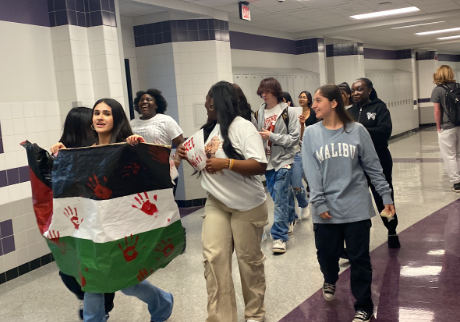


![With the AISD rank and GPA discrepancies, some students had significant changes to their stats. College and career counselor Camille Nix worked with students to appeal their college decisions if they got rejected from schools depending on their previous stats before getting updated. Students worked with Nix to update schools on their new stats in order to fully get their appropriate decisions. “Those who already were accepted [won’t be affected], but it could factor in if a student appeals their initial decision,” Principal Andy Baxa said.](https://bestofsno.com/wp-content/uploads/2024/05/53674616658_18d367e00f_o-1200x676.jpg)






![Junior Mia Milicevic practices her forehand at tennis practice with the WJ girls tennis team. “Sometimes I don’t like [tennis] because you’re alone but most of the time, I do like it for that reason because it really is just you out there. I do experience being part of a team at WJ but in tournaments and when I’m playing outside of school, I like that rush when I win a point because I did it all by myself, Milicevic said. (Courtesy Mia Milicevic)](https://bestofsno.com/wp-content/uploads/2024/06/c54807e1-6ab6-4b0b-9c65-bfa256bc7587.jpg)







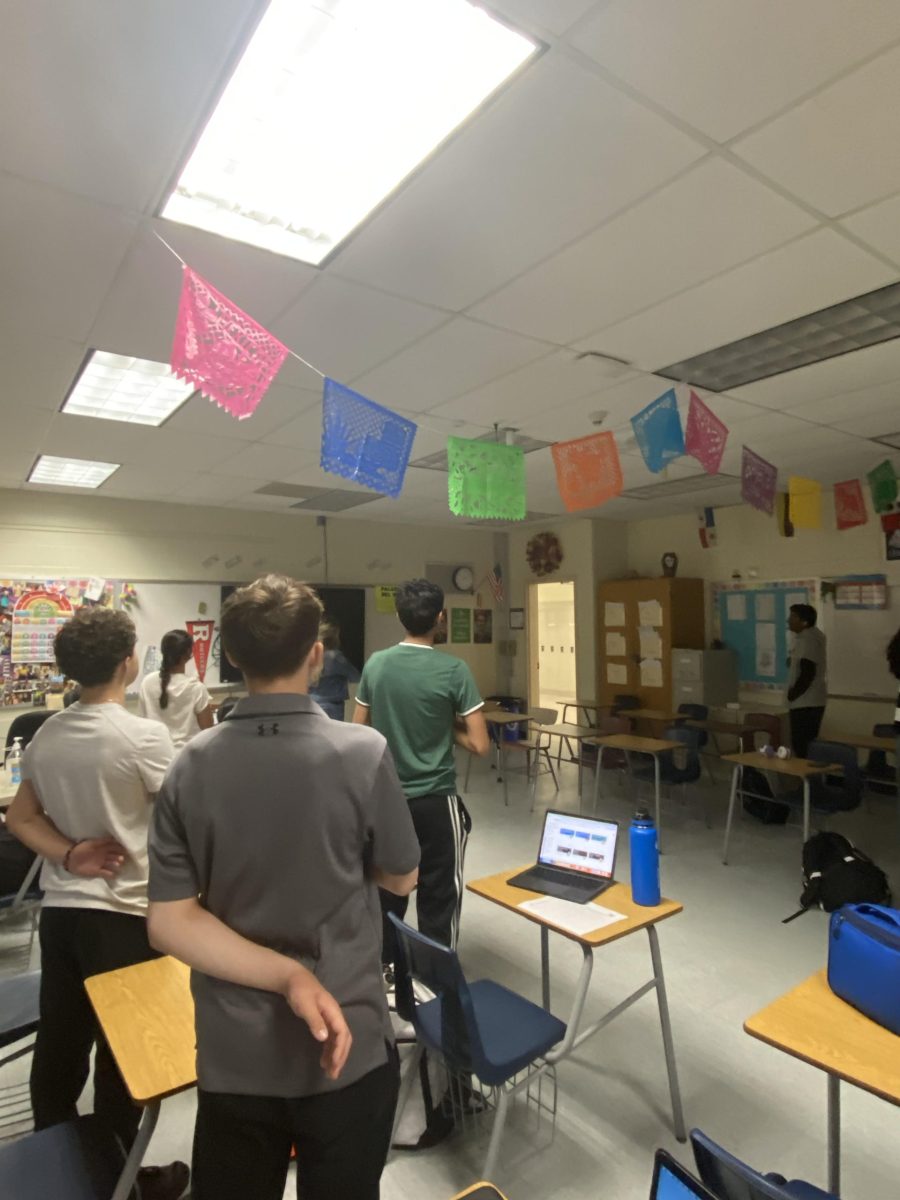
![The Jaguar student section sits down while the girls basketball team plays in the Great Eight game at the Denver Coliseum against Valor Christian High School Feb. 29. Many students who participated in the boys basketball student section prior to the girls basketball game left before half-time. I think it [the student section] plays a huge role because we actually had a decent crowd at a ranch game. I think that was the only time we had like a student section. And the energy was just awesome, varsity pointing and shooting guard Brooke Harding ‘25 said. I dont expect much from them [the Golden Boys] at all. But the fact that they left at the Elite Eight game when they were already there is honestly mind blowing to me.](https://bestofsno.com/wp-content/uploads/2024/05/IMG_7517-e1716250578550-900x1200.jpeg)






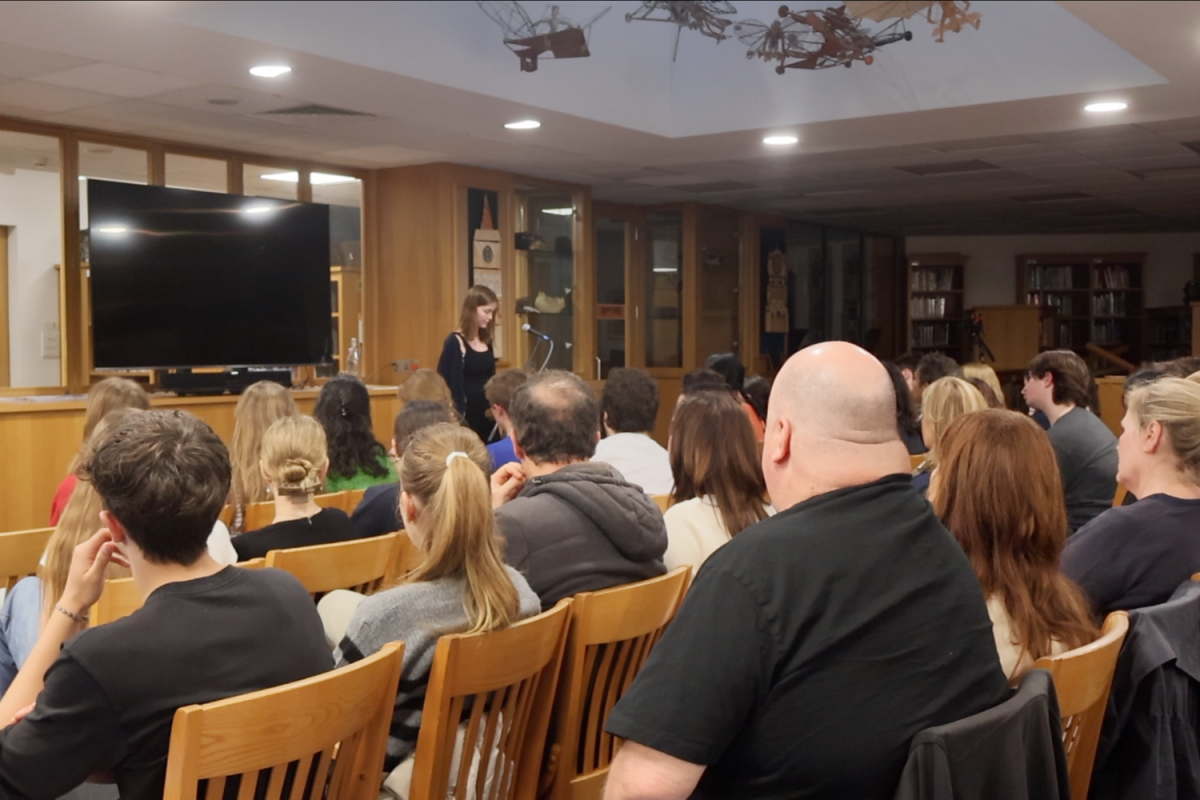

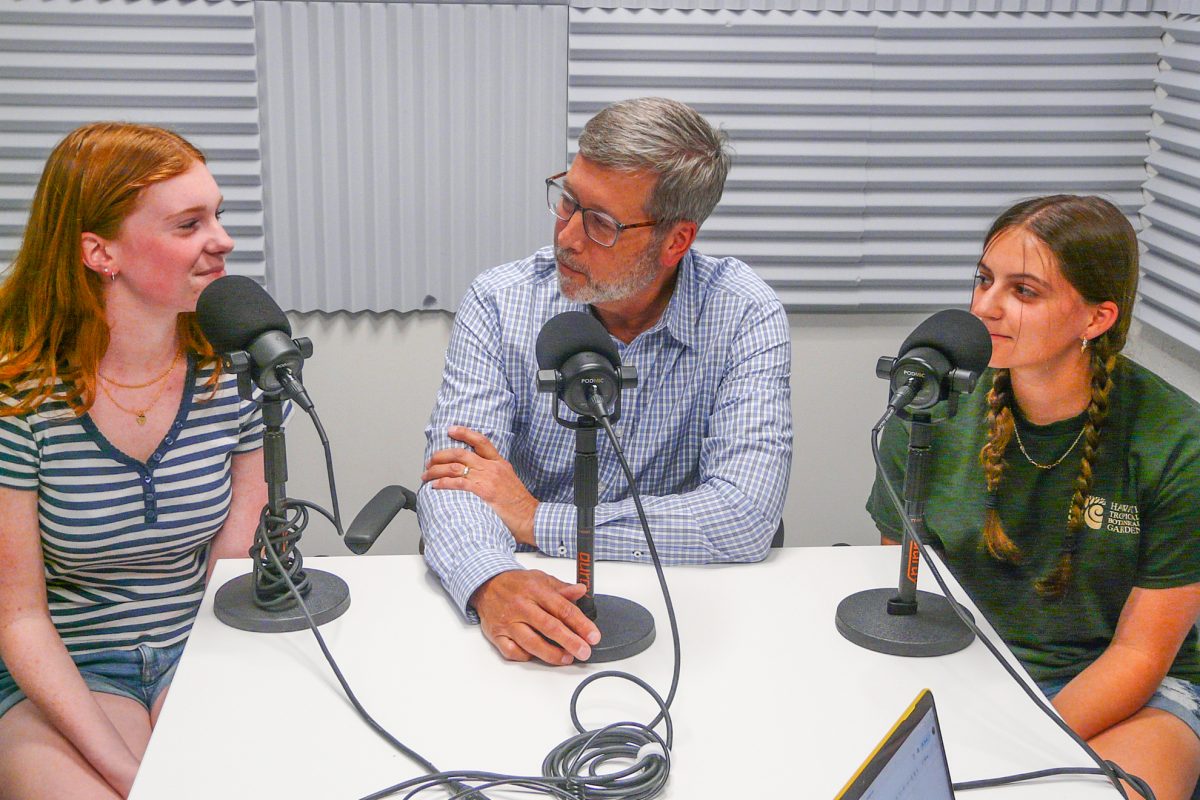
![BACKGROUND IN THE BUSINESS: Dressed by junior designer Kaitlyn Gerrie, senior Chamila Muñoz took to the “Dreamland” runway this past weekend. While it was her first time participating in the McCallum fashion show, Muñoz isn’t new to the modeling world.
I modeled here and there when I was a lot younger, maybe five or six [years old] for some jewelry brands and small businesses, but not much in recent years,” Muñoz said.
Muñoz had hoped to participate in last year’s show but couldn’t due to scheduling conflicts. For her senior year, though, she couldn’t let the opportunity pass her by.
“It’s [modeling] something I haven’t done in a while so I was excited to step out of my comfort zone in a way,” Muñoz said. “I always love trying new things and being able to show off designs of my schoolmates is such an honor.”
The preparation process for the show was hectic, leaving the final reveal of Gerrie’s design until days before the show, but the moment Muñoz tried on the outfit, all the stress for both designer and model melted away.
“I didn’t get to try on my outfit until the day before, but the look on Kaitlyn’s face when she saw what she had worked so hard to make actually on a model was just so special,” Muñoz said. “I know it meant so much to her. But then she handed me a blindfold and told me I’d be walking with it on, so that was pretty wild.”
Caption by Francie Wilhelm.](https://bestofsno.com/wp-content/uploads/2024/05/53535098892_130167352f_o-1200x800.jpg)






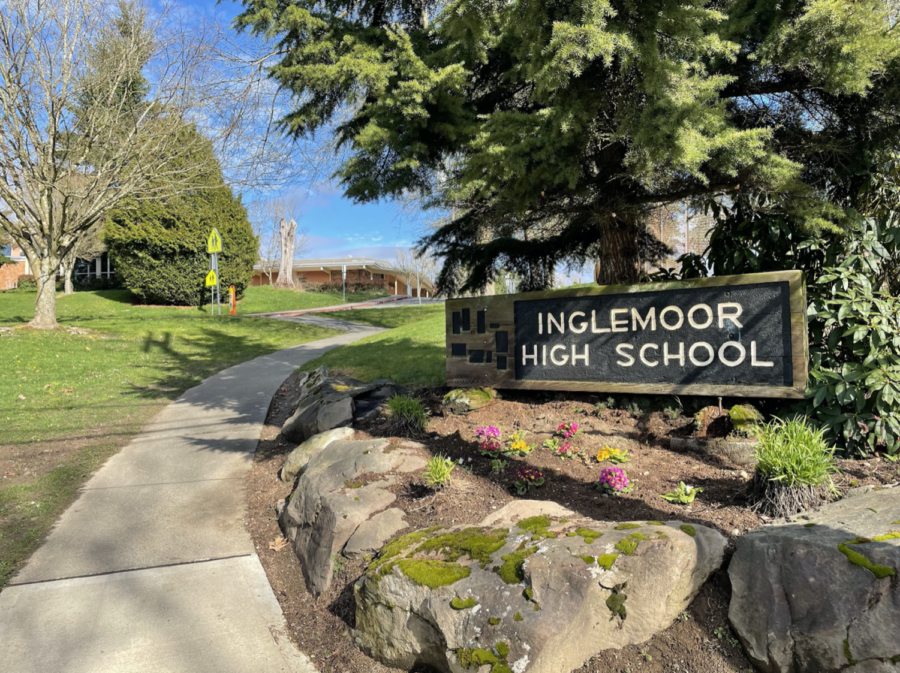
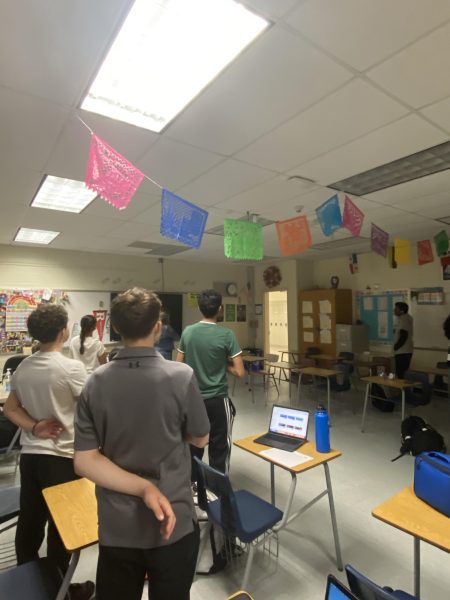
![The Jaguar student section sits down while the girls basketball team plays in the Great Eight game at the Denver Coliseum against Valor Christian High School Feb. 29. Many students who participated in the boys basketball student section prior to the girls basketball game left before half-time. I think it [the student section] plays a huge role because we actually had a decent crowd at a ranch game. I think that was the only time we had like a student section. And the energy was just awesome, varsity pointing and shooting guard Brooke Harding ‘25 said. I dont expect much from them [the Golden Boys] at all. But the fact that they left at the Elite Eight game when they were already there is honestly mind blowing to me.](https://bestofsno.com/wp-content/uploads/2024/05/IMG_7517-e1716250578550-450x600.jpeg)



